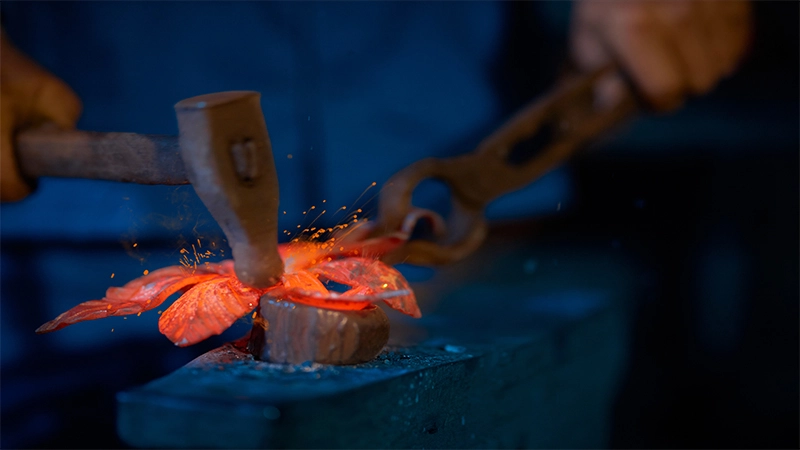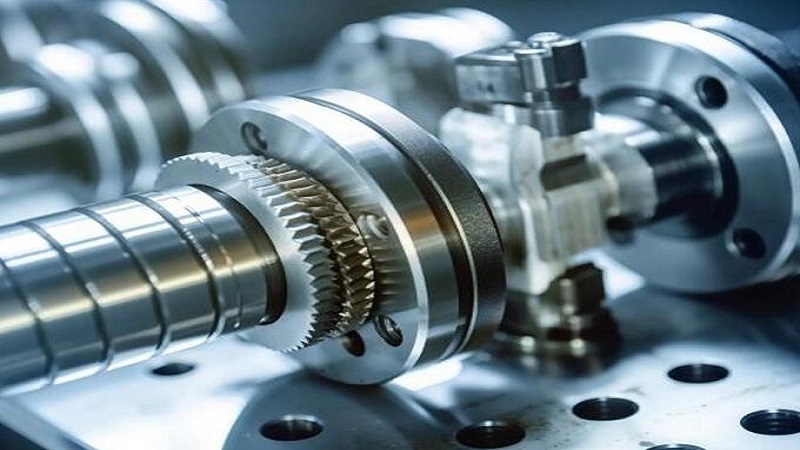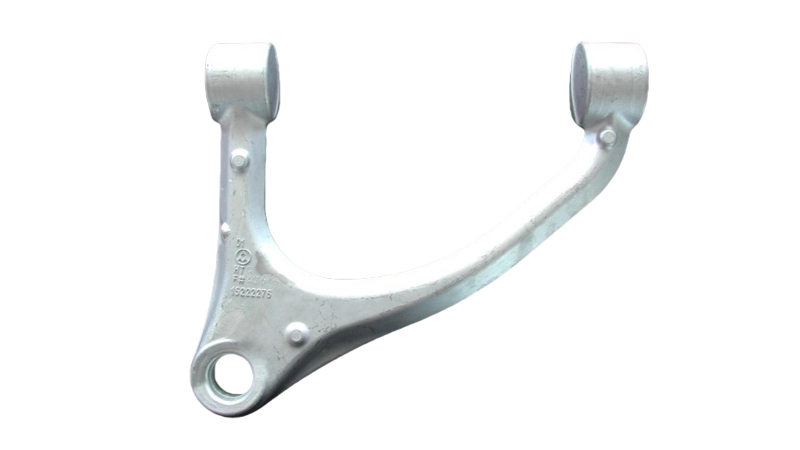In the automobile manufacturing industry, each part plays a vital role, among which, forged auto parts stand out with their unique technology and performance, offering a solid guarantee for the safety and reliability of the car. Forging is a process method that utilizes impact or pressure to cause metal under a solid state to undergo plastic deformation, thereby obtaining the desired shape and performance. In this paper, we metal parts manufacturer will discuss in detail the role of forged auto parts in automobile safety and reliability from four aspects.
The forging process can cause the metal to form a dense grain structure during the deformation process, thereby improving the strength and toughness of the material. This characteristic enables forging auto parts to maintain a high resistance to deformation under impact and extrusion, effectively reducing damage or failure caused by external forces. In the event of a car collision and other emergencies, the high strength and toughness of forged parts can maximize the protection of the occupants' safety and reduce injuries.
The forging process can accurately control the shape and size of the metal material, making forging spare parts highly accurate in terms of dimensional accuracy and shape stability. Additionally, the compressive stress on the metal surface during the forging process can effectively improve the microstructure of the surface, enhancing the surface quality of the parts. This precision and excellent surface quality ensure that forged parts can maintain stable performance in the long-term operation of the car, reducing failures caused by wear and tear or corrosion, thus improving the car's reliability.
With the continuous development of the automotive industry, lightweight design has become an important means to improve automotive energy efficiency and reduce emissions. The forging process can optimize material selection and structural design to achieve lightweight auto parts. Lightweight forging auto parts not only help reduce the overall weight of the car, thereby reducing fuel consumption and emissions, but also improve the car’s handling performance and driving stability, providing drivers with a more comfortable and safe driving experience.
As consumers' demand for automotive personalization continues to grow, the forging process, with its unique flexibility and customization, can produce automotive parts with specific shapes and properties. Such personalized forged parts can not only meet consumers' aesthetic needs, but also be customized according to different models and usage scenarios, enhancing the adaptability and competitiveness of automobiles. At the same time, the forging process can also support small batch production to meet the demand for diversified products in the automotive market.
In summary, forged auto parts play an irreplaceable role in automobile safety and reliability. By improving the strength and toughness, realizing a lightweight design, and meeting the demand for personalization and customization, forged auto parts provide strong support for the development of the automobile manufacturing industry. In the future, with continuous advancements in science and technology and process innovation, forged auto parts will play an even more important role in automotive safety and reliability.



